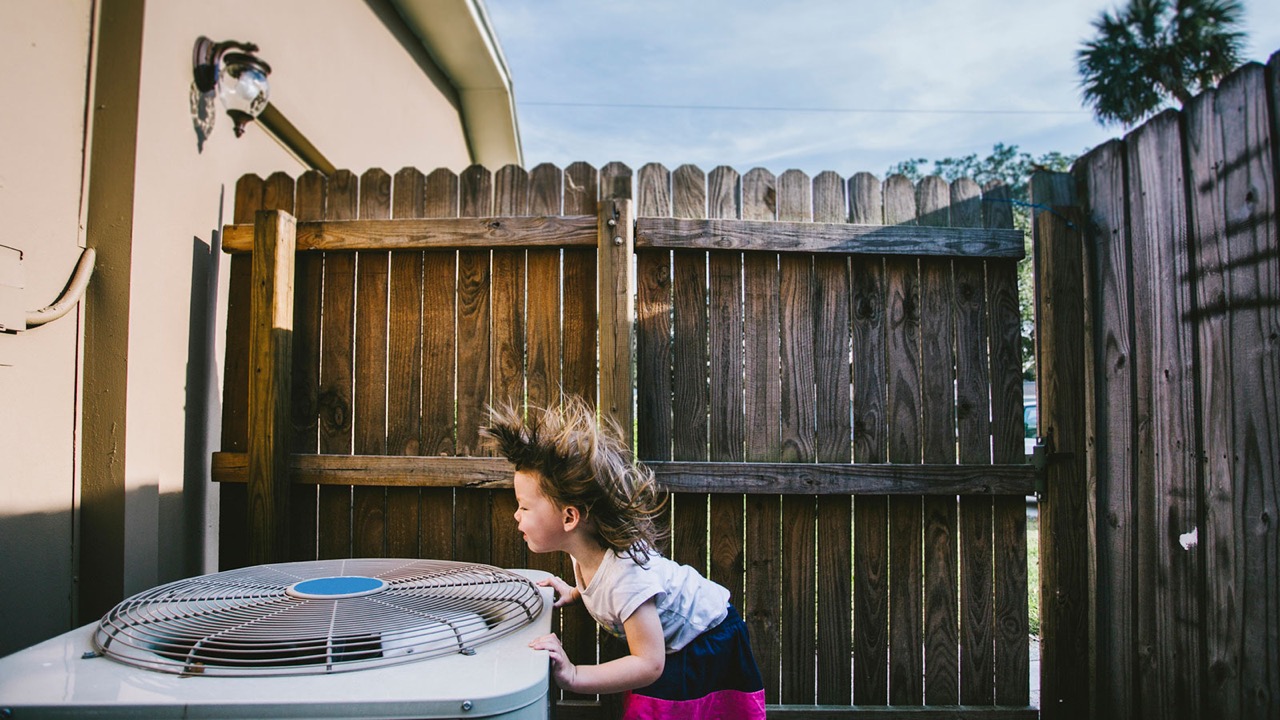

Articles
How Many Watts Does An HVAC Use
Modified: February 25, 2024
Learn about the average watts consumption of an HVAC system and save energy with these informative articles. Find out more now!
(Many of the links in this article redirect to a specific reviewed product. Your purchase of these products through affiliate links helps to generate commission for Storables.com, at no extra cost. Learn more)
Introduction
When it comes to energy consumption in our homes or offices, HVAC systems play a significant role. HVAC, which stands for Heating, Ventilation, and Air Conditioning, is responsible for creating a comfortable indoor environment by regulating temperature, humidity, and air quality. However, many people are often unaware of the power consumption of these systems and how it can impact their energy bills.
In this article, we will explore the power usage of HVAC systems and provide insights into the factors that affect their energy consumption. Understanding the wattage of HVAC systems can help us make informed decisions about energy efficiency and reduce our carbon footprint.
So, how many watts does an HVAC system use? The answer to this question varies depending on several factors, including the type of HVAC system, its size, power settings, and usage patterns.
Before we delve into the specifics, let’s first gain a better understanding of HVAC systems and how they function.
Key Takeaways:
- Understanding the power consumption of HVAC systems is essential for managing energy usage, reducing bills, and promoting sustainability. Factors such as size, efficiency, and usage patterns influence wattage, emphasizing the need for informed decisions.
- Embracing energy-efficient HVAC systems and implementing practical tips can significantly reduce power usage, leading to cost savings, environmental benefits, and improved comfort. Prioritizing energy efficiency contributes to a sustainable future and a comfortable indoor environment.
Read more: How Many Amps Does An HVAC Use
Understanding HVAC Systems
HVAC systems are complex systems that are designed to control and maintain the temperature, humidity, and air quality within a building. They consist of various components, including heating units, cooling units, ventilation systems, and controls.
The primary function of an HVAC system is to provide thermal comfort by regulating the indoor temperature. In warmer months, the system cools the air, while in colder months, it heats the air. This is achieved through the use of heating and cooling units, such as furnaces, boilers, air conditioners, and heat pumps.
Aside from temperature control, HVAC systems also address ventilation needs. They ensure the continuous supply of fresh air and the removal of stale air, odors, and pollutants. This is accomplished through the use of ventilation fans and ductwork.
Moreover, HVAC systems help to maintain optimal indoor air quality by filtering out airborne contaminants like dust, pollen, and other allergens. They utilize air filters and, in some cases, air purifiers or UV germicidal lights to improve the overall air quality.
It’s important to note that HVAC systems come in different sizes and types to accommodate various building sizes and climate conditions. The size of an HVAC system is typically measured in tons, where one ton represents the heat capacity needed to melt one ton of ice in 24 hours. Larger buildings or spaces generally require larger HVAC systems to meet their heating and cooling demands.
Now that we have a basic understanding of HVAC systems, let’s dive into the power consumption associated with these systems.
Power Consumption of HVAC Systems
The power consumption of HVAC systems can vary significantly depending on various factors. The primary source of power usage in HVAC systems is the electrical energy needed to operate the heating and cooling units, ventilation fans, and controls.
The wattage of an HVAC system is a measurement of the electrical power it consumes. It represents the rate at which energy is used or produced. The higher the wattage, the more electrical energy the system requires to function.
The power consumption of an HVAC system is typically measured in kilowatts (kW) or British thermal units per hour (BTU/h). One kilowatt is equal to 1,000 watts, and one BTU is the amount of energy needed to raise the temperature of one pound of water by one degree Fahrenheit.
The exact wattage of an HVAC system depends on several factors, including:
- The size and capacity of the system: Larger HVAC systems tend to consume more power than smaller ones, as they need to heat or cool a larger area.
- The power settings: Some HVAC systems offer adjustable power settings, allowing users to customize energy consumption based on their needs.
- The efficiency of the system: Energy-efficient models use less power to achieve the same level of heating or cooling as less efficient models.
- The usage patterns: The frequency and duration of HVAC system operation will impact the overall power consumption. For example, leaving the system running continuously will result in higher energy usage compared to occasional usage.
On average, a typical HVAC system in a residential setting may consume between 3,000 and 7,000 watts, or 3 to 7 kilowatts, during operation. However, it is important to note that these numbers can vary widely based on the factors mentioned above.
Commercial HVAC systems, on the other hand, can have much higher power consumption due to the larger size and greater heating or cooling demands of commercial buildings. These systems can range from 10,000 to 100,000 watts or more.
It’s worth noting that the power consumption of an HVAC system is not constant throughout its operation. The system may consume more energy during startup or when the demand for heating or cooling is high, such as during extreme weather conditions.
In the next section, we will explore the factors that can affect the power usage of HVAC systems in more detail.
Factors Affecting HVAC Power Usage
Several factors can influence the power usage of HVAC systems. Understanding these factors can help us better manage and optimize the energy consumption of our HVAC systems. Let’s take a closer look at some of the key factors:
- Climate: The climate of the region where the HVAC system is installed plays a significant role in its power usage. In areas with extreme temperatures, the HVAC system will need to work harder to maintain the desired indoor temperature, resulting in higher power consumption.
- Insulation: The level of insulation in a building can impact the energy efficiency of an HVAC system. Proper insulation helps to retain the desired temperature inside the building, reducing the workload of the HVAC system and subsequently lowering its power usage.
- Thermostat settings: The temperature settings on the thermostat directly affect the frequency and duration of the HVAC system’s operation. Lowering the thermostat setting in winter or raising it in summer can help conserve energy and reduce power consumption.
- System maintenance: Regular maintenance of HVAC systems is essential to ensure optimal performance and energy efficiency. Clogged filters, dirty coils, and other system issues can cause the system to work harder and consume more power. Proper maintenance can help reduce the system’s power usage.
- Usage patterns: The way the HVAC system is used can also impact its power consumption. For example, leaving doors or windows open while the system is running can cause energy waste as the system tries to regulate the temperature of the outdoor air as well.
- System efficiency: The energy efficiency of an HVAC system is measured by its Seasonal Energy Efficiency Ratio (SEER) or Energy Efficiency Ratio (EER). Higher SEER or EER ratings indicate higher efficiency and lower power consumption.
- Technology advancements: Advancements in HVAC technology have led to the development of more energy-efficient systems. Upgrading to newer and more efficient models can significantly reduce power usage.
By considering these factors and implementing energy-saving practices, we can effectively manage the power consumption of our HVAC systems and reduce both our energy bills and environmental impact.
In the next section, we will discuss the different types of HVAC systems and their respective power consumption.
Regular maintenance of your HVAC system, including cleaning or replacing filters, can help improve its efficiency and reduce energy consumption. This can ultimately lower the amount of watts used by your HVAC system.
Types of HVAC Systems and Their Wattage
HVAC systems come in various types, each with its own unique characteristics and power consumption. Let’s explore some of the most common types of HVAC systems and their wattage:
- Central Air Conditioning: Central air conditioning systems are commonly used in residential and commercial buildings. They consist of an outdoor unit, which houses the compressor and condenser, and an indoor unit connected to ductwork. Central air conditioners typically consume between 3,000 and 7,000 watts, depending on the size and efficiency of the system.
- Furnace: Furnaces are heating systems that use either gas, oil, or electricity to generate heat. The power consumption of a furnace depends on its energy source and heating capacity. Gas furnaces typically consume between 500 and 1,200 watts, while electrical furnaces consume between 1,500 and 5,000 watts.
- Heat Pump: Heat pumps are versatile systems that provide both heating and cooling. They work by transferring heat from one area to another. The power consumption of heat pumps varies depending on the size, efficiency, and climate conditions. On average, heat pumps can consume between 1,500 and 5,500 watts.
- Ductless Mini-Split: Ductless mini-split systems are becoming increasingly popular due to their energy efficiency and flexibility. These systems consist of an outdoor unit and one or more indoor units and do not require ductwork. The wattage of a ductless mini-split system can range from 1,000 to 4,000 watts, depending on the number of indoor units and the cooling or heating capacity.
- Geothermal Heat Pump: Geothermal heat pumps utilize the stable temperature of the earth to provide both heating and cooling. These systems are highly efficient but require a significant upfront investment. The power consumption of geothermal heat pumps varies depending on the size and efficiency of the system, but they generally consume between 1,500 and 5,000 watts.
It’s important to note that the wattage figures provided above are approximate and can vary depending on several factors, including the size of the system, energy efficiency, and individual usage patterns.
When choosing an HVAC system, it’s essential to consider the specific needs and requirements of your space to ensure optimal performance and energy efficiency.
In the next section, we will explore the importance of energy efficiency in reducing HVAC power consumption.
Read more: How Many Watts Does A Projector Use
Energy Efficiency and HVAC Power Consumption
Energy efficiency is a crucial aspect to consider when it comes to HVAC systems and their power consumption. An energy-efficient HVAC system can significantly reduce power usage, lower energy bills, and minimize environmental impact. Let’s take a closer look at the importance of energy efficiency:
Lower Operating Costs: Energy-efficient HVAC systems are designed to use less power while maintaining optimal performance. By investing in an energy-efficient system, you can save a substantial amount of money on your energy bills over time. These cost savings can help offset the higher upfront investment of energy-efficient systems.
Reduced Environmental Impact: HVAC systems contribute to a significant portion of energy consumption and greenhouse gas emissions. Energy-efficient systems consume less power, resulting in lower carbon dioxide (CO2) emissions and a reduced environmental footprint. By opting for energy-efficient HVAC systems, you are actively contributing to the fight against climate change.
Longer Lifespan: Energy-efficient HVAC systems are often built with high-quality components and advanced technology, which can extend their lifespan. These systems are designed to operate more efficiently, reducing wear and tear on the components. As a result, you may not only benefit from lower power consumption but also from fewer repairs and longer system longevity.
Improved Comfort: Energy-efficient HVAC systems are designed to provide consistent and even heating and cooling throughout your space. They can effectively regulate temperature, humidity, and air quality, creating a more comfortable indoor environment. Additionally, these systems often have advanced features like smart thermostats and zoning capabilities, allowing for personalized comfort and energy savings.
When considering energy efficiency, it’s important to look for systems with high Seasonal Energy Efficiency Ratio (SEER) and Energy Efficiency Ratio (EER) ratings. The SEER rating indicates the cooling efficiency of an air conditioner or heat pump, while the EER rating measures the energy efficiency of cooling-only systems.
In addition to choosing energy-efficient systems, there are several other steps you can take to further minimize HVAC power consumption:
- Regularly clean and replace air filters to ensure optimal airflow and system efficiency.
- Seal and insulate ductwork to prevent air leaks, reducing energy waste.
- Keep doors and windows properly sealed to prevent drafts and energy loss.
- Utilize programmable or smart thermostats to optimize temperature settings based on occupancy and time of day.
- Implement proper maintenance and servicing to keep the system running efficiently.
By incorporating energy-efficient practices into your HVAC system usage, you can significantly reduce your power consumption and contribute to a more sustainable future.
In the next section, we will provide some helpful tips for reducing HVAC power usage.
Tips for Reducing HVAC Power Usage
Reducing HVAC power usage not only helps lower energy bills but also contributes to a more sustainable and eco-friendly lifestyle. By implementing the following tips, you can optimize the energy efficiency of your HVAC system and minimize your overall power consumption:
- Properly insulate your home: Insulating your home effectively helps to retain the desired temperature inside, reducing the workload on your HVAC system. Insulate walls, attic spaces, and crawl spaces, and ensure weatherstripping around windows and doors is in good condition.
- Set appropriate thermostat temperatures: Adjusting your thermostat settings can have a significant impact on power usage. In summer, set the temperature a few degrees higher than usual, and in winter, set it a few degrees lower. Consider utilizing programmable or smart thermostats to automatically adjust temperatures based on occupancy and time of day.
- Keep up with regular maintenance: Regular maintenance not only ensures that your HVAC system operates efficiently but also helps extend its lifespan. Clean or replace air filters regularly to enhance airflow, inspect ductwork for leaks, and schedule professional maintenance checks annually.
- Upgrade to energy-efficient HVAC systems: If your current system is old and inefficient, consider upgrading to a newer, energy-efficient model. Look for systems with high SEER and EER ratings to ensure optimal energy savings. Additionally, explore options like geothermal heat pumps or ductless mini-split systems, which are known for their energy efficiency.
- Utilize natural ventilation: Take advantage of natural ventilation when outdoor temperatures are comfortable. Open windows and use ceiling fans or portable fans to circulate air throughout your space. This can help reduce the need for your HVAC system, particularly during mild seasons.
- Implement proper zoning: Consider implementing zoning systems that allow you to heat or cool specific areas of your home as needed. This ensures that you only use energy to condition the areas that are occupied, rather than heating or cooling the entire house.
- Keep blinds and curtains closed: During hot summer days, use blinds or curtains to block out sunlight and prevent heat from entering your space. This reduces the amount of work your air conditioner needs to do to cool the area.
- Avoid obstructing air vents: Ensure that air vents and registers are not blocked by furniture, curtains, or other objects. Obstructions hinder airflow, forcing your HVAC system to work harder to maintain the desired temperature.
By adopting these energy-saving practices, you can significantly lower your HVAC power usage and make a positive impact on both your wallet and the environment.
Let’s conclude with a summary of what we’ve covered in this article.
Conclusion
Understanding the power consumption of HVAC systems is crucial for managing energy usage, reducing energy bills, and promoting sustainability. HVAC systems play a vital role in maintaining comfortable indoor environments, but their power usage can vary depending on various factors.
In this article, we explored the power consumption of HVAC systems and discussed the factors that can influence their energy usage. We learned that the wattage of an HVAC system can depend on its size, power settings, efficiency, and usage patterns. Residential HVAC systems typically consume between 3,000 and 7,000 watts, while commercial systems can have much higher power consumption.
We also discussed the importance of energy efficiency in HVAC systems. Energy-efficient systems offer lower operating costs, reduced environmental impact, longer lifespans, and improved comfort. By investing in energy-efficient models and implementing proper maintenance and usage practices, we can further optimize energy efficiency and reduce power consumption.
Additionally, we explored the different types of HVAC systems and their respective power consumption ranges. Central air conditioning systems, furnaces, heat pumps, ductless mini-splits, and geothermal heat pumps all have varying wattage requirements. Understanding the wattage of different system types can help us make informed decisions when selecting an HVAC system for our homes or offices.
To reduce HVAC power usage, we discussed several practical tips, such as proper insulation, setting appropriate thermostat temperatures, regular maintenance, and utilizing natural ventilation. Upgrading to energy-efficient systems and implementing zoning techniques can also make a significant difference in energy consumption.
By embracing these suggestions and adopting energy-saving practices, we can make a positive impact on our energy bills, the environment, and overall energy sustainability.
So whether you’re considering a new HVAC system or looking to optimize energy efficiency in your current system, remember to prioritize power consumption and make choices that align with your energy-saving goals. Together, we can create a more sustainable future while enjoying a comfortable indoor environment.
Frequently Asked Questions about How Many Watts Does An HVAC Use
Was this page helpful?
At Storables.com, we guarantee accurate and reliable information. Our content, validated by Expert Board Contributors, is crafted following stringent Editorial Policies. We're committed to providing you with well-researched, expert-backed insights for all your informational needs.
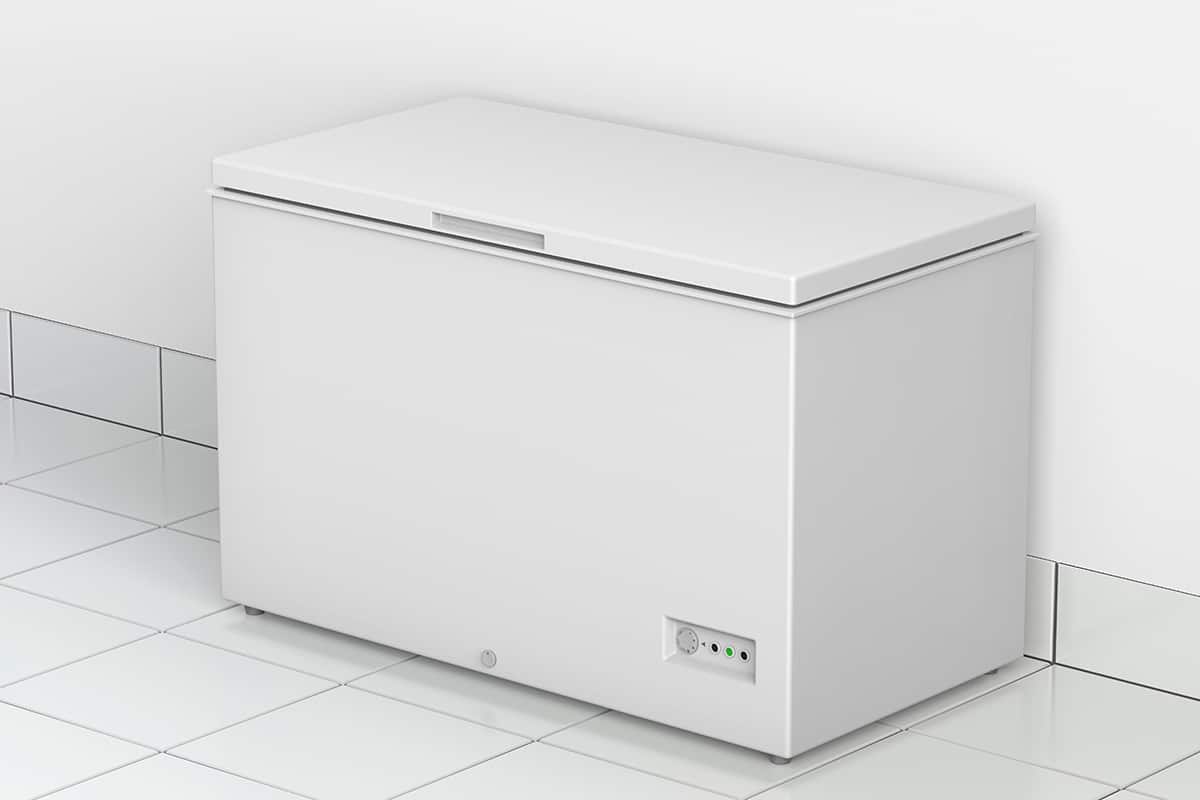
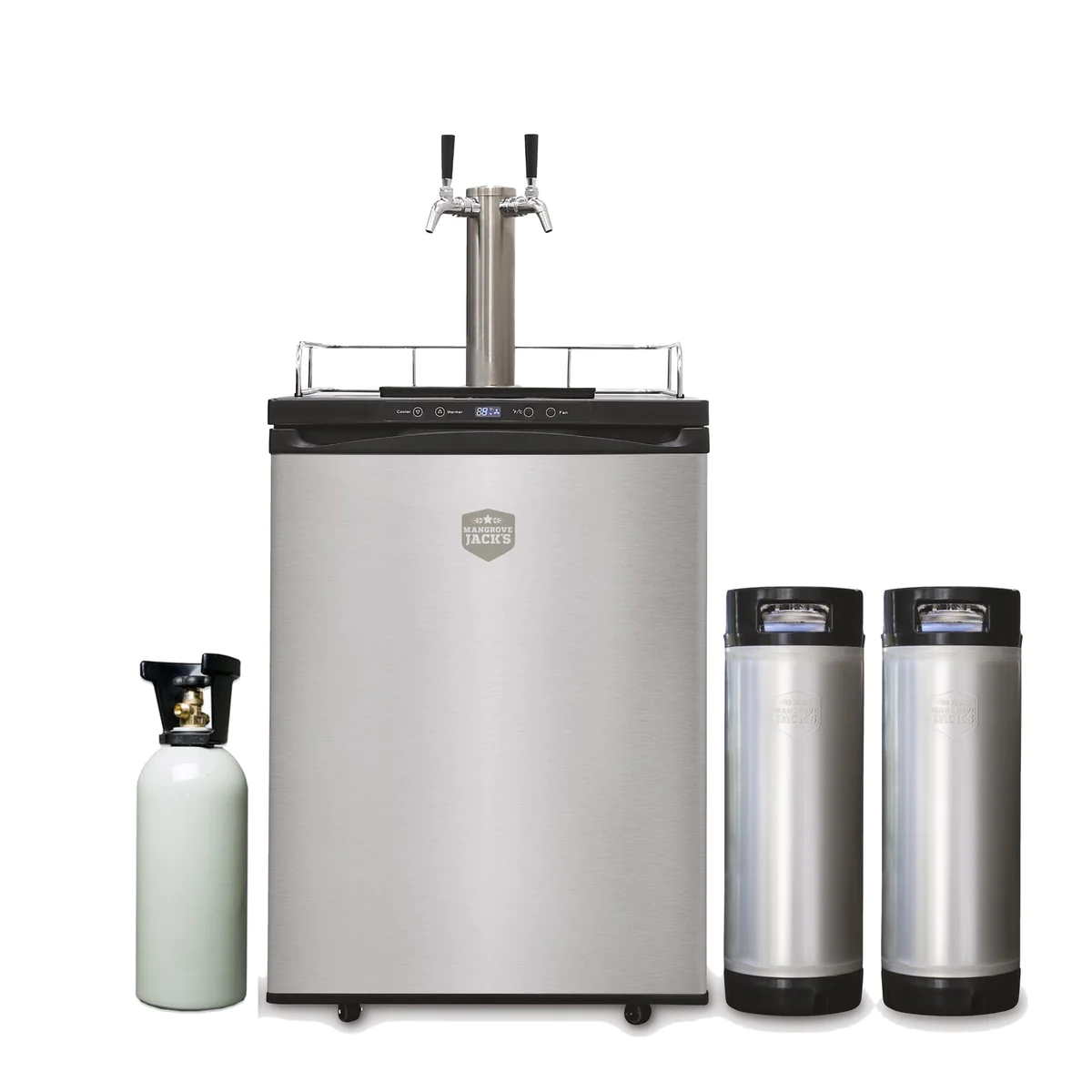
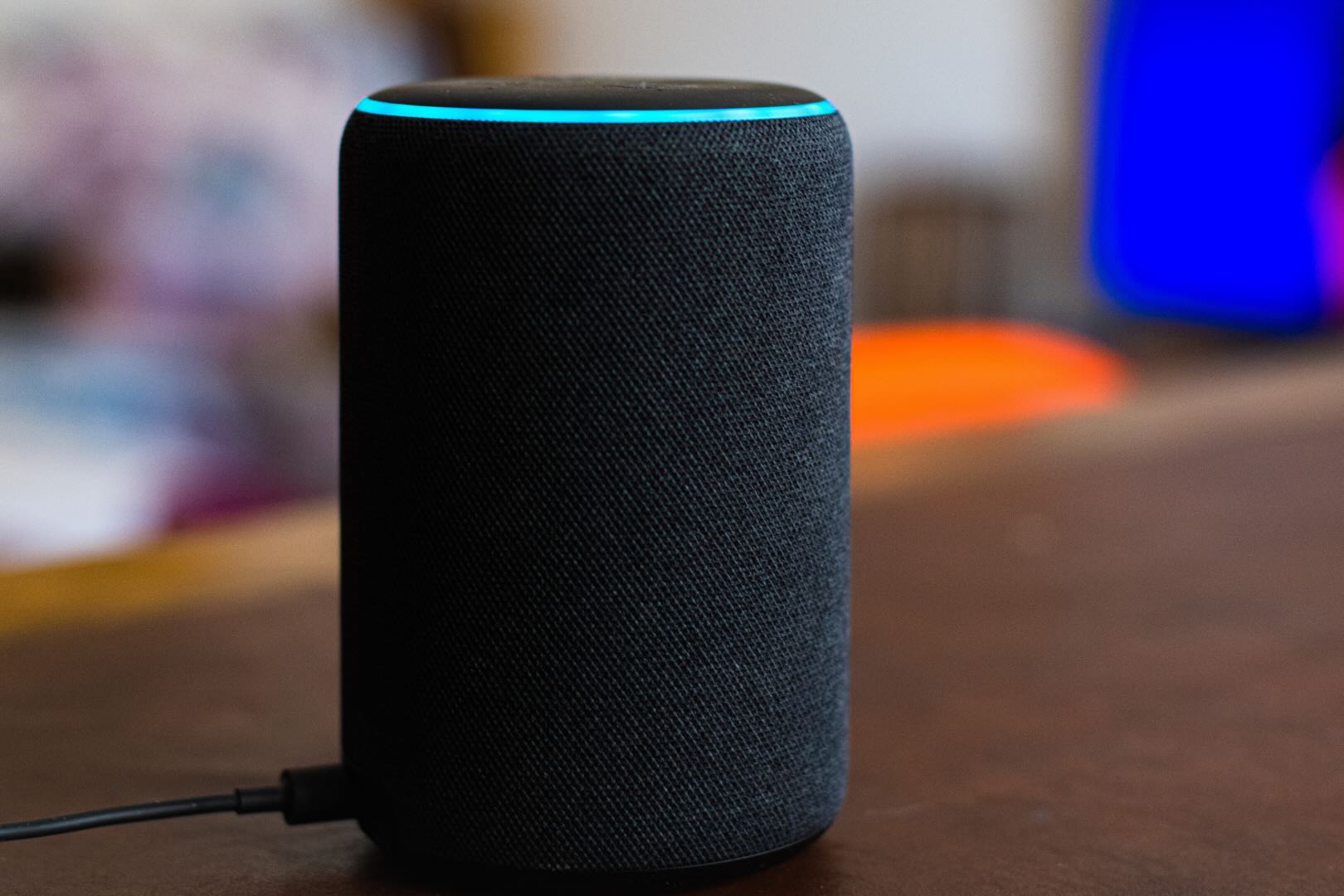
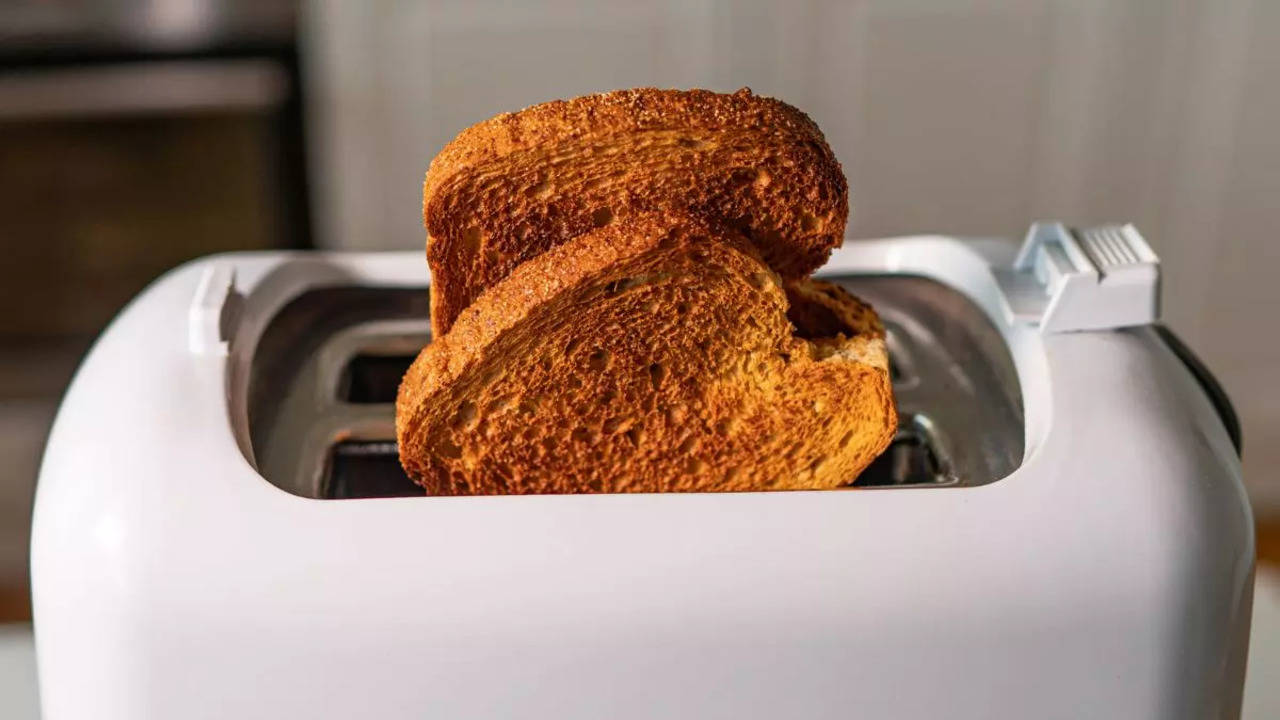
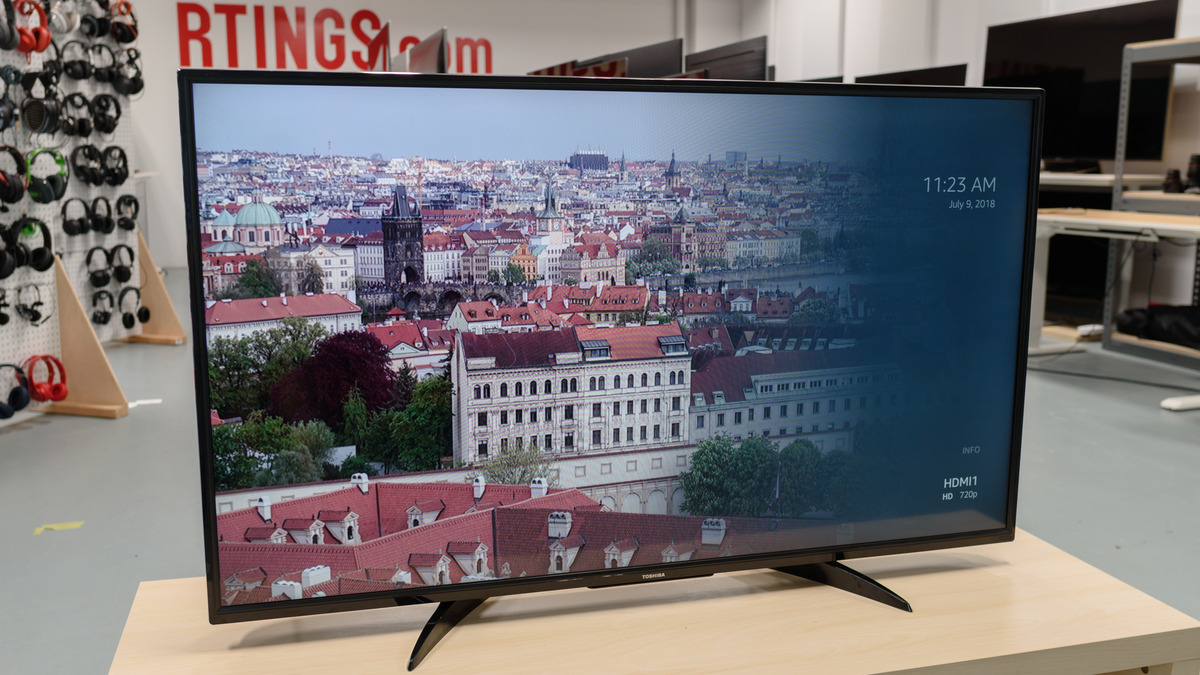
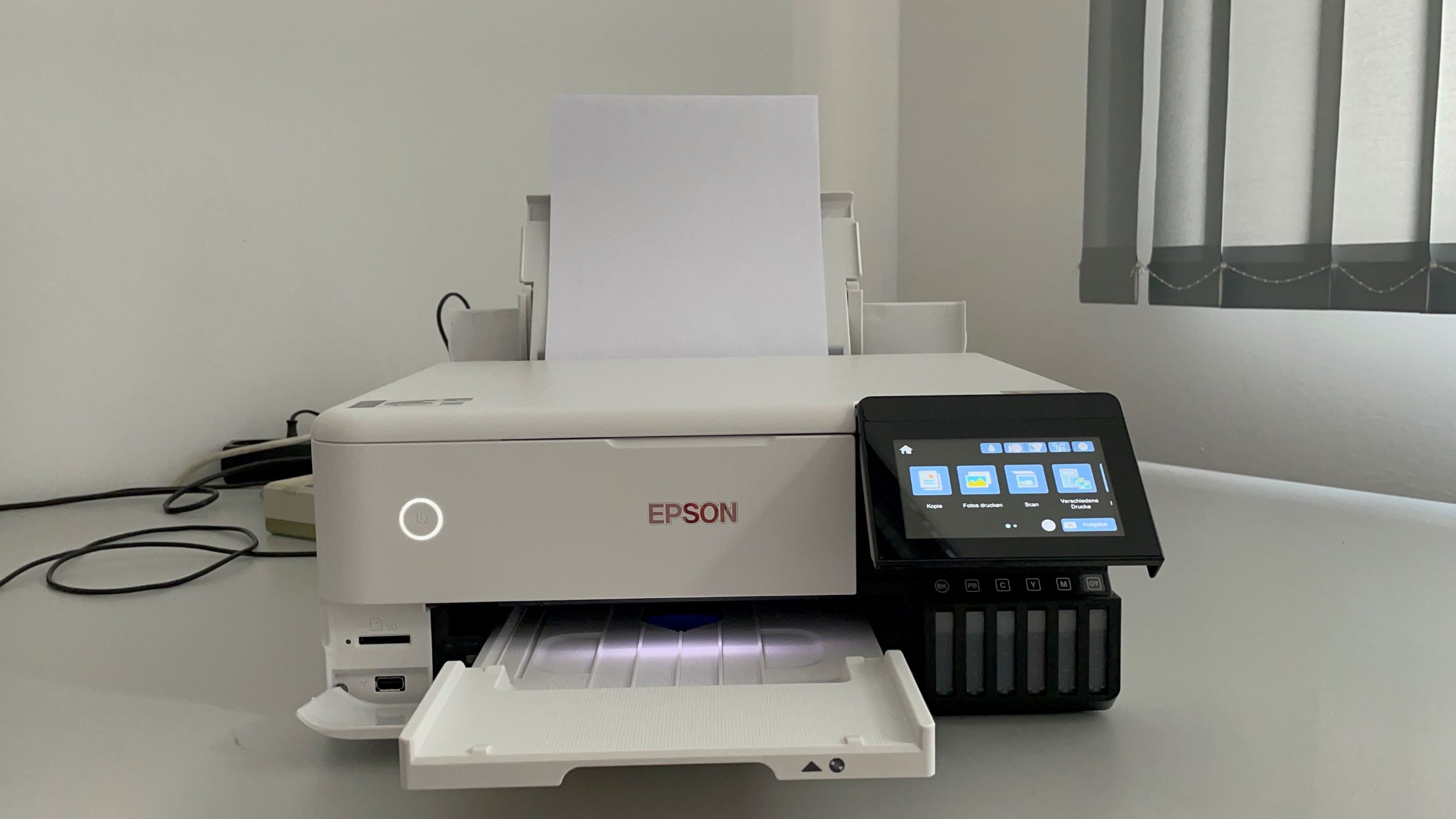
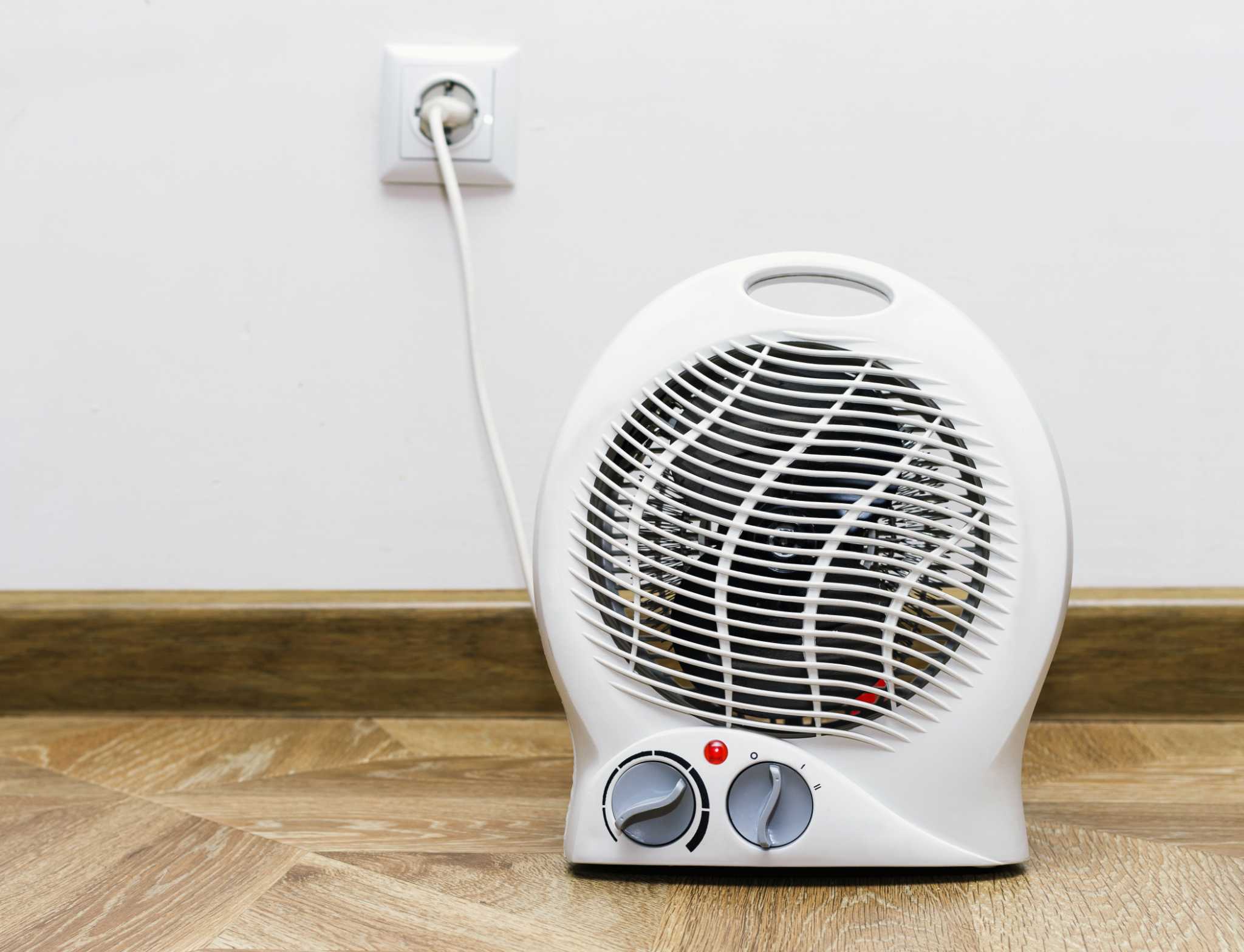
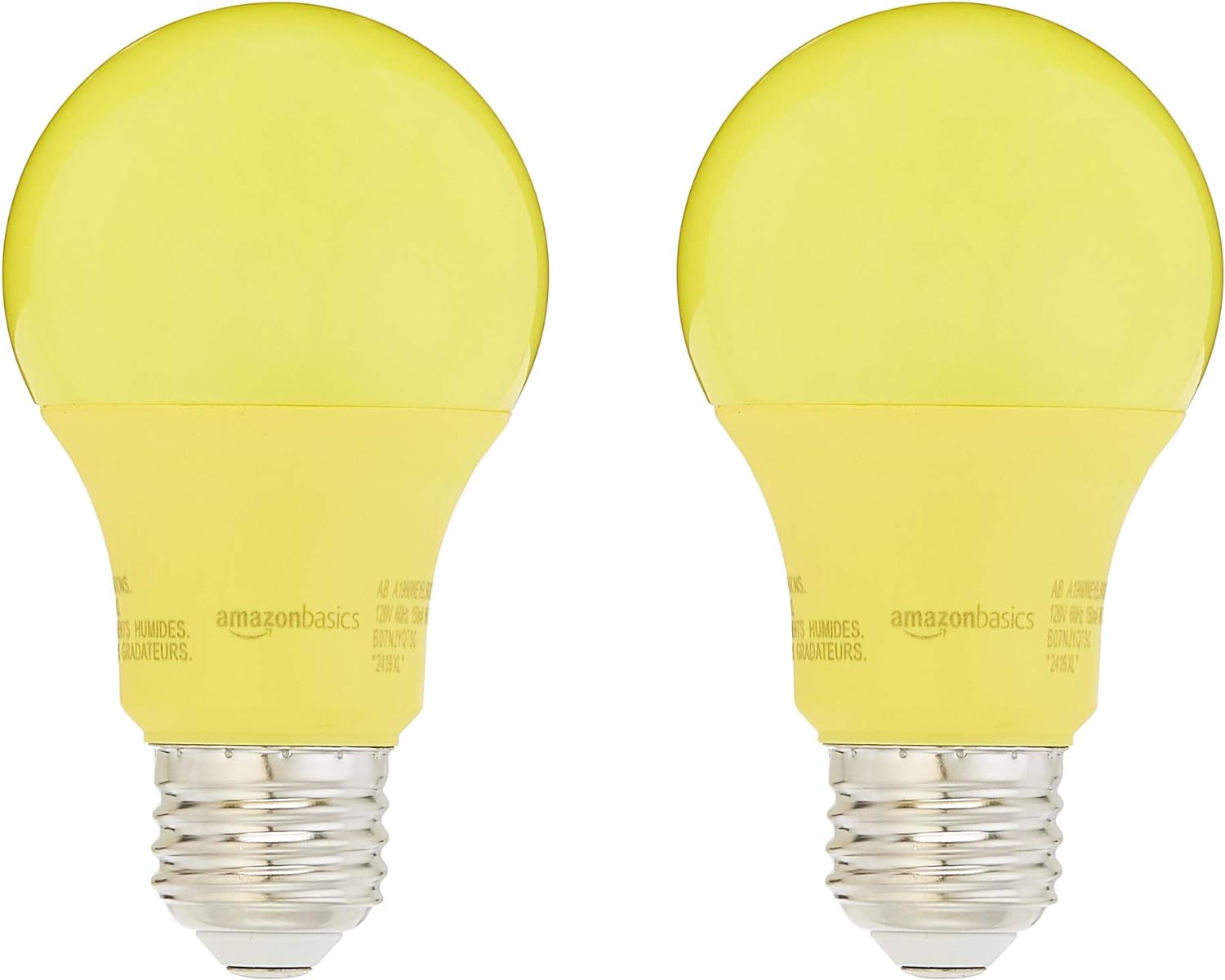
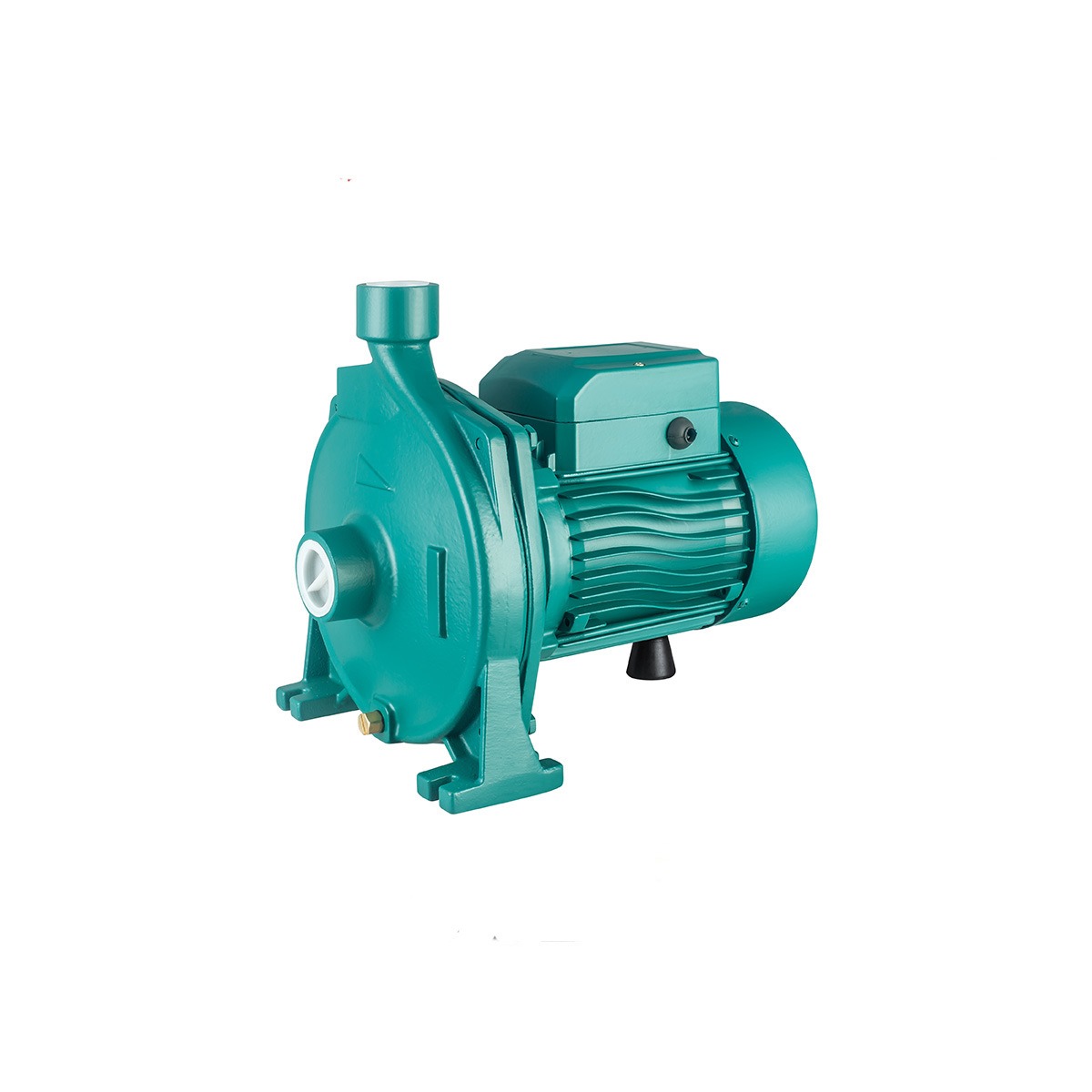
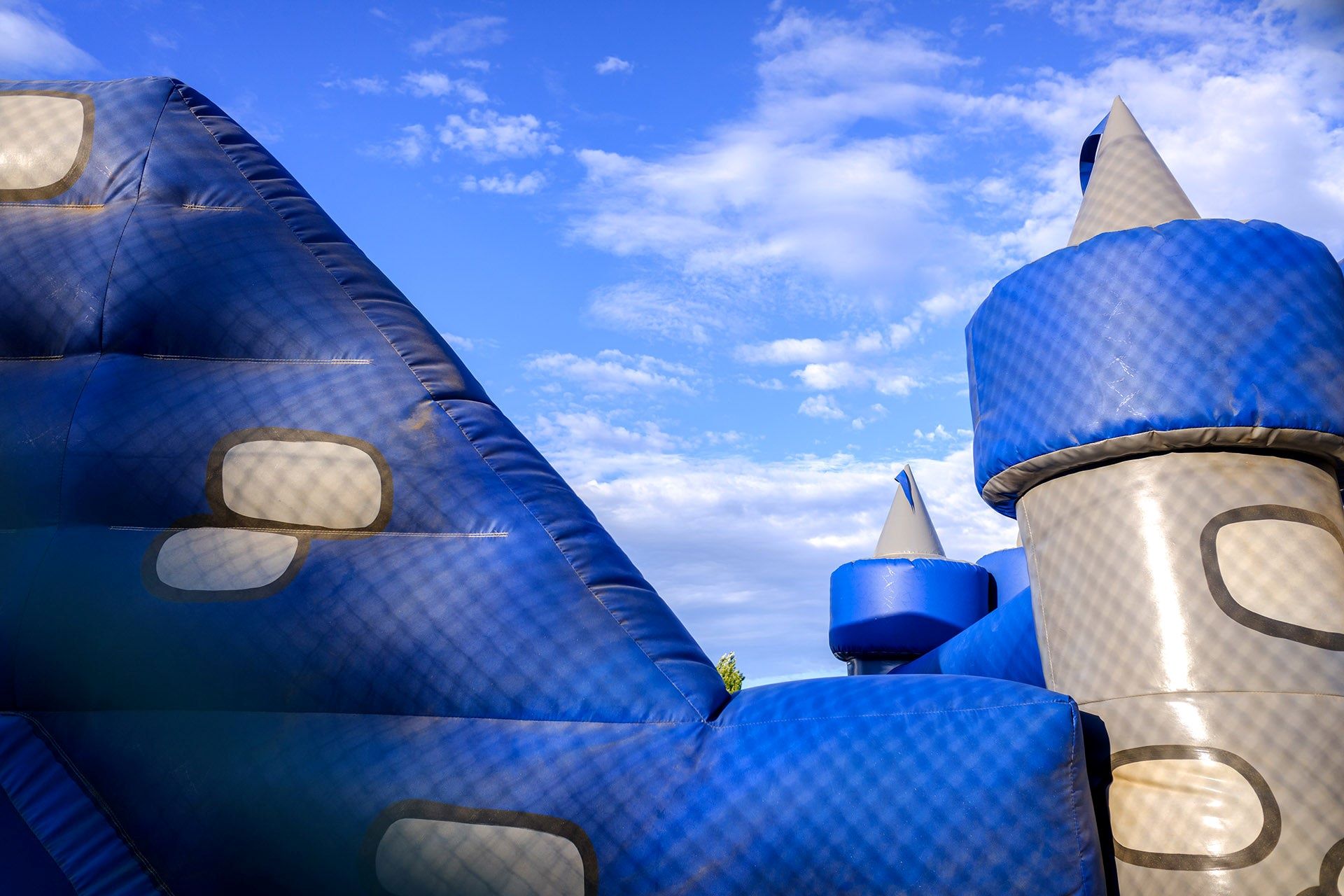
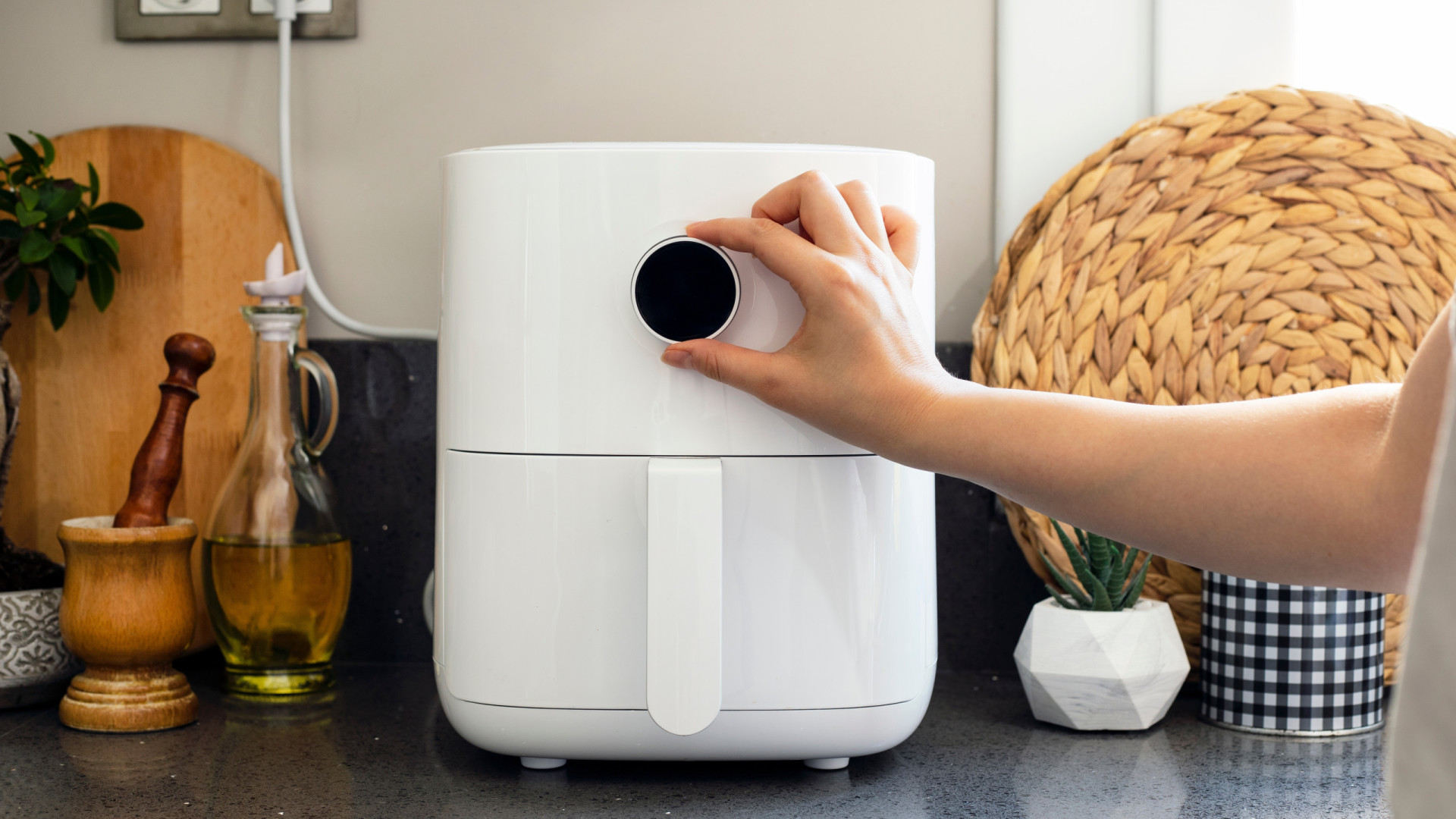
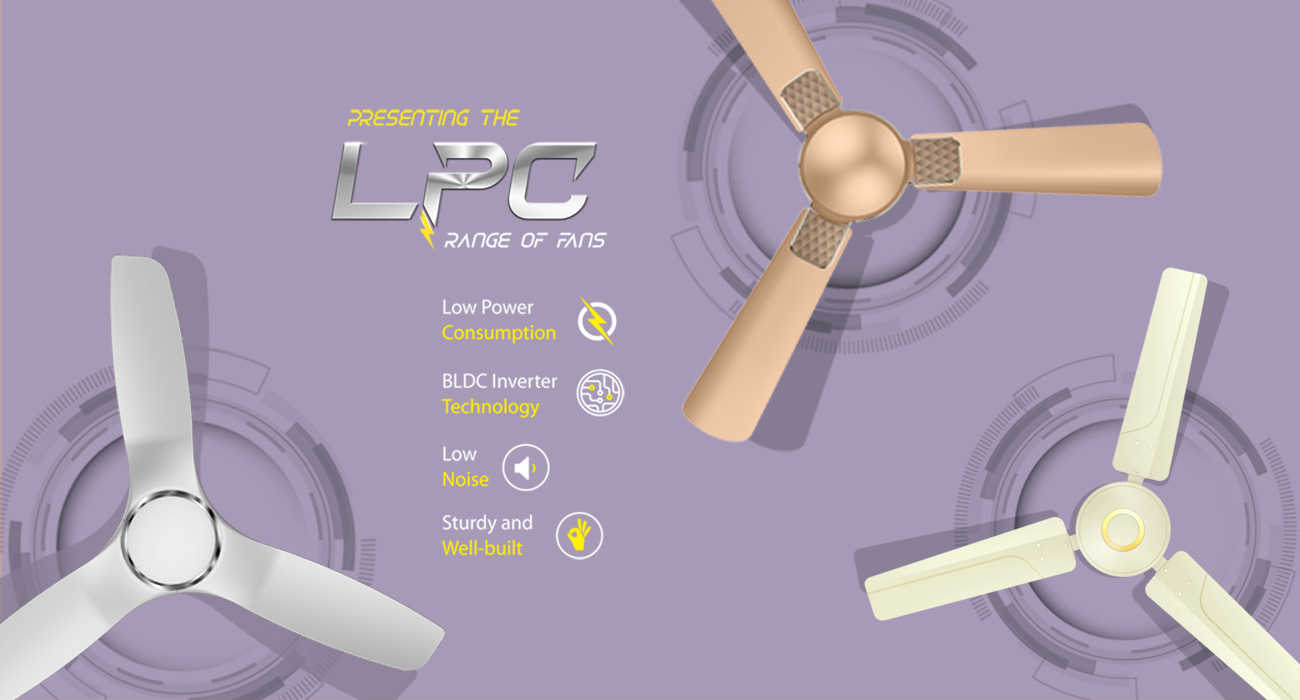
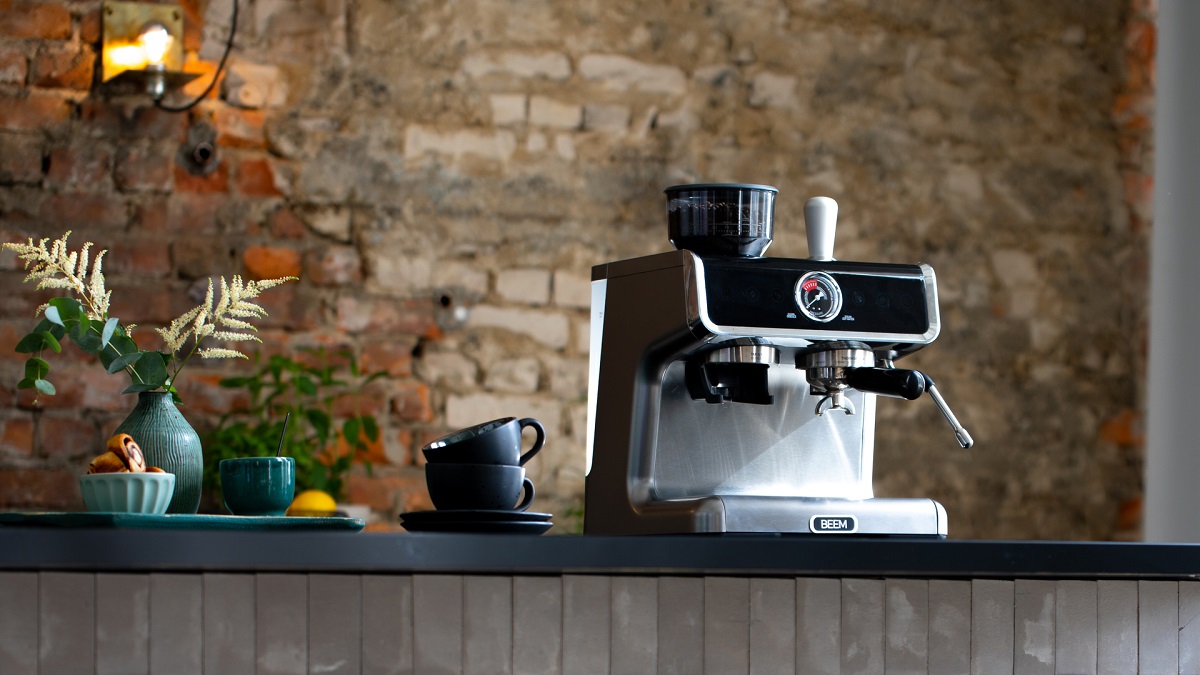
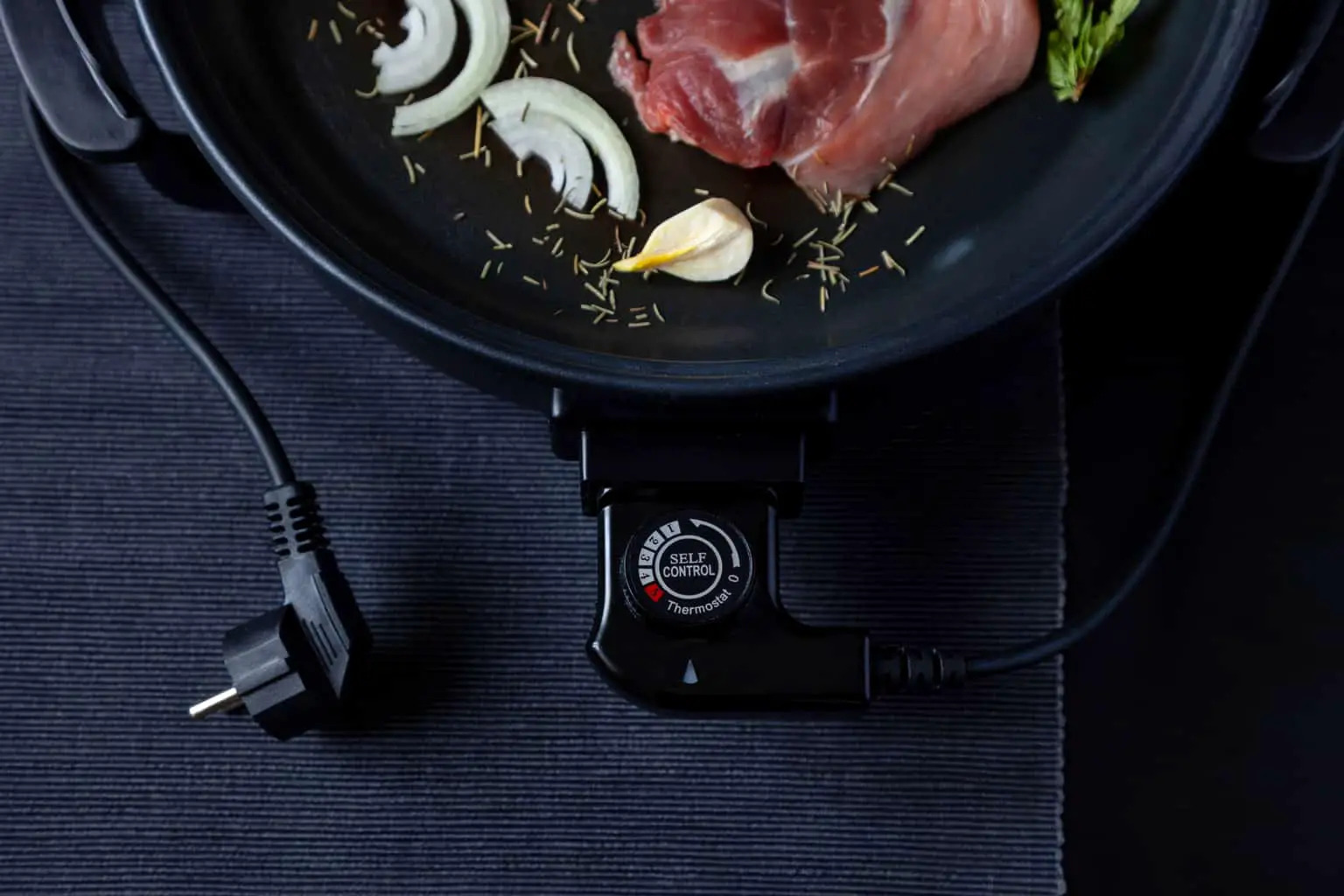

0 thoughts on “How Many Watts Does An HVAC Use”